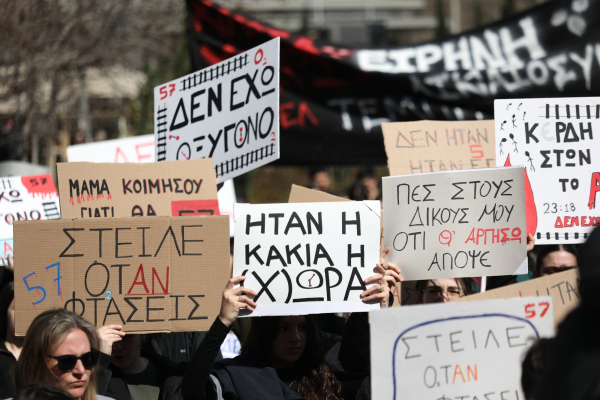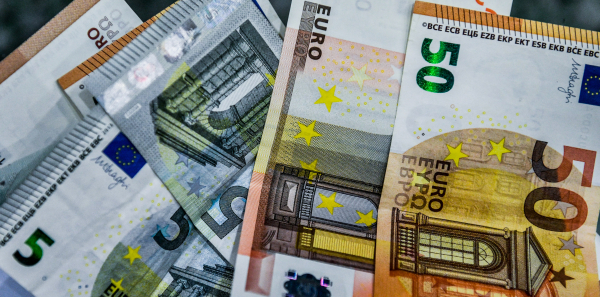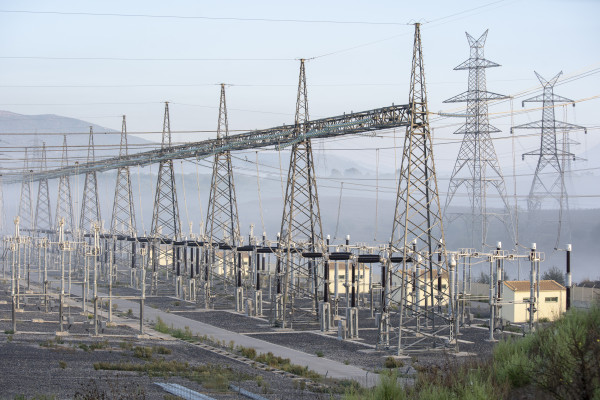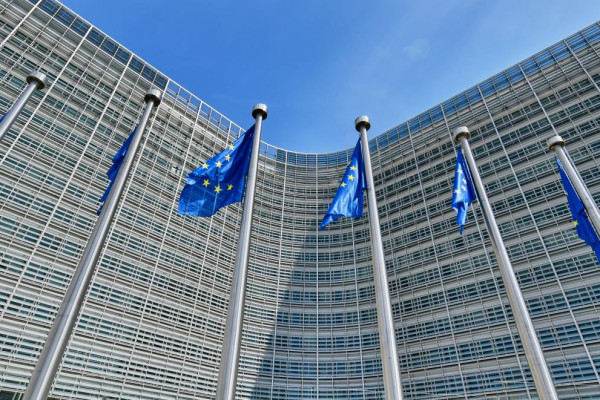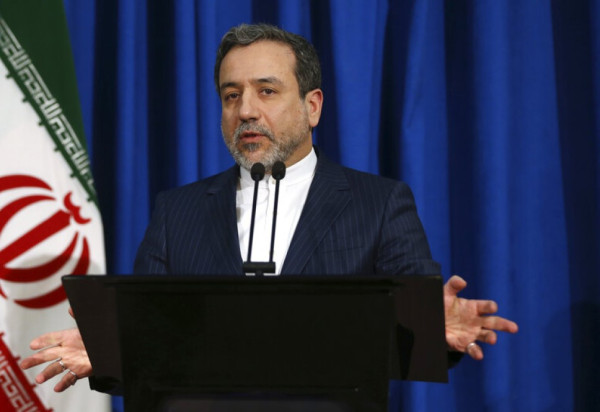The latest flare-up between Israel and Iran is rapidly sending shockwaves across the global economy, with Greece—an energy-dependent country on the periphery of the Eurozone—emerging as one of the first to feel the impact. As tensions escalate in the Middle East and fears of a broader military confrontation grow, the geopolitical volatility is beginning to strain the economic systems of smaller and more vulnerable nations.
A central flashpoint in this crisis is the Strait of Hormuz, a narrow maritime corridor through which more than one-fifth of the world’s oil supply is transported. Even the threat of disruption to this critical artery has been enough to drive oil prices significantly higher. Brent crude has surged past $75 per barrel, while U.S. West Texas Intermediate sits at $74. Analysts warn that should the situation worsen, prices could soar well above $120, with severe global consequences.
For Greece, this translates into an immediate economic shock. The country remains a net importer of energy and is particularly exposed to fluctuations in international oil and gas markets. Rising energy prices are already filtering through to Greek consumers. On June 13, average nationwide prices for unleaded gasoline had reached €1.737 per liter, while diesel was at €1.480. Refinery prices from major suppliers such as Hellenic Petroleum and Motor Oil are expected to climb further. The inflationary effect is likely to be swift: the International Monetary Fund estimates that a 10% increase in oil prices can raise inflation by 0.4 percentage points.
This comes at a precarious time for Greece. Inflation had finally begun to ease after the energy crises of 2022 and 2023, and any renewed pressure could unravel that fragile progress. Higher fuel prices not only burden households but also raise production costs for businesses and push up transportation and logistics expenses, which feed into consumer prices. If energy prices stay high for a sustained period, Greece could be at risk of slipping into stagflation—a period of economic stagnation coupled with inflation.
At a broader level, the crisis is expected to exacerbate Greece’s trade deficit. The country relies heavily on energy imports, primarily liquefied natural gas (LNG) and oil. In a time of global uncertainty, not only are these resources becoming more expensive, but the reliability of their supply is increasingly in question. Disruptions in global shipping lanes could pose significant challenges to ensuring stable and timely deliveries.
Tourism, one of the strongest engines of the Greek economy, is also feeling the pressure. While Israel is not traditionally a leading source of tourists for Greece, it has grown rapidly in importance. For the 2025 summer season, more than one million airline seats were scheduled from Israel to Greece—an increase of 41% compared to 2024. By mid-June, over 83,000 Israelis had already traveled to Greece with Aegean Airlines, reflecting the upward trajectory of this market. But that momentum is now at risk. Cancellations are mounting amid safety concerns and government advisories, and the outlook for the rest of the season is increasingly uncertain.
Beyond the drop in Israeli visitors, the broader perception of regional instability threatens Greece’s appeal to international travelers. Although Greece is not involved in the conflict and remains a safe destination, its proximity to the Middle East may lead travelers—especially from long-haul markets like the U.S., Canada, Australia, or China—to lump it into a generalized “risk zone.” These markets often do not distinguish between neighboring countries in regions they perceive as unstable, meaning Greece’s image could be affected by association alone.
Greek shipping, another pillar of the national economy, is facing mixed fortunes. On one hand, freight rates for LNG, crude oil, and container transport have risen, providing short-term gains for shipowners. On the other, heightened geopolitical risk has increased insurance costs and caused delays and rerouting, pushing up both the time and expense of shipments. Greek shipowners—who control about 25% of the global LNG fleet and nearly 30% of the world's oil tankers—must now navigate complex logistical and security challenges. Any further escalation in the Middle East could seriously disrupt global supply chains, creating costs that neither carriers nor end consumers may be able to absorb.
Taken together, these developments signal a potential slowdown in Greek economic activity just as the country had begun a modest recovery. The European Commission had forecast a GDP growth of 2.3% in 2025 and 2.2% in 2026, alongside a gradual easing of inflation to 2.8% and 2.3% in the same years. However, the evolving crisis casts doubt on those projections. Should energy prices remain elevated, the inflationary trend could resume, reversing recent gains and complicating policy decisions.
At the European level, the situation also presents a new dilemma for the European Central Bank. The ECB’s mandate is to maintain price stability, targeting inflation below but close to 2%. If high oil and gas prices persist, the inflationary pressures across the eurozone could intensify. This might force the ECB to delay any interest rate cuts previously expected in the latter half of 2025. Meanwhile, geopolitical uncertainty is driving investors toward the U.S. dollar, weakening the euro. A weaker euro, in turn, makes imported energy more expensive for eurozone countries like Greece, further fueling inflation.





